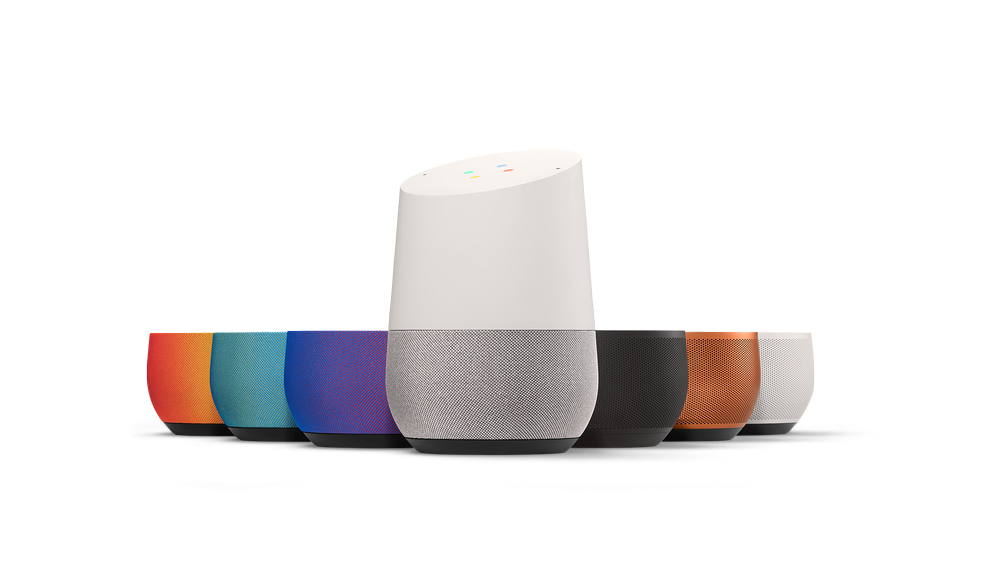This week there were two big stories in the internet of things. The first is that Google Home has expanded the number of companies it works with, adding Rachio, Wink, August and more. The other story is that Congress has repealed rules that prevented ISPs from selling your personal data. This will open up consumers’ search history to ISPs and marketers, but Kevin and I discuss what it means for your smart home devices and data. We also discuss IKEA’s new smart home products, Kevin’s poor Z-wave lock experience and hacked commercial dishwashers.
This week’s guest is in charge of a smart home platform that aims to take over a huge number of homes in the US. Daniel Herscovici is the head of Comcast’s Xfinity Home program, and he has some big ambitions. We talk about the purchase of iControl, why Comcast isn’t keen on Zigbee and why Comcast isn’t sweating standards. It’s a fun show.
Hosts: Stacey Higginbotham and Kevin Tofel
Guest: Daniel Herscovici of Comcast
Sponsors: Samsung ARTIK
- Ikea has smart home ambitions
- Google Home… is it good enough?
- How to protect your IoT devices from your ISP
- Comcast wants to be the base platform for the smart home
- Standards aren’t holding back innovation
Podcast: Play in new window | Download | Embed
Subscribe: RSS

